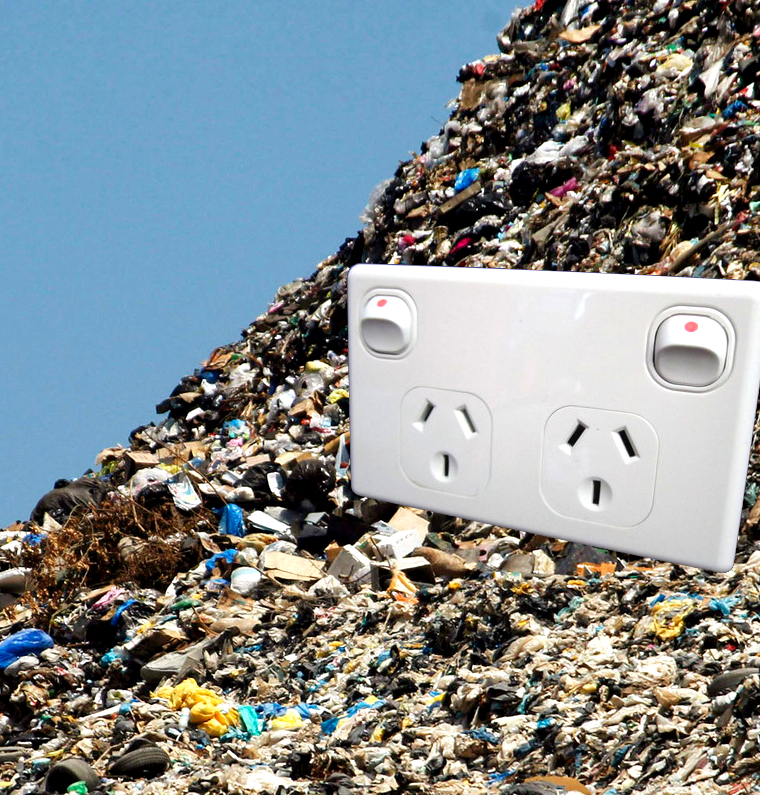Alibaba boosts waste burning
 Artificial intelligence is being used to improve the efficiency of waste-to-energy plants.
Artificial intelligence is being used to improve the efficiency of waste-to-energy plants.
Alibaba Cloud - a digital offshoot of the online shopping megalith - is deploying artificial intelligence to make waste incineration more energy efficient in China.
A new AI algorithm developed by Alibaba is already being used in 100 waste-burning facilities spread across 30 cities on China’s mainland.
There are new plans for it to be installed in another 300 plants by the end of the year.
“Through automation, we’ve changed how garbage treatment plants operate, [to] reduce work pressure on the operators, slash environmental pollution and lower costs for equipment maintenance,” says Zeng Zhenyu, vice-president of Alibaba Cloud.
China’s 1.4 billion people collectively produce around 235 million tonnes of solid waste each year. Garbage disposal via waste-to-energy plants has rapidly become an important tool to tackle waste.
China’s waste-to-energy capacity has been increasing at a compound annual growth rate of 29 per cent - estimated to be 17.29 gigawatts (GW) in 2021. China currently processes over 580,000 tonnes a day of domestic waste through waste-to-energy incineration, according to the government planning agency, the National Development and Reform Commission.
But waste-burning is a labour-intensive task, requiring operators to adjust temperature and air pressure in furnaces almost constantly, leading to inefficiencies.
Alibaba Cloud’s AI assesses combustion levels based on images of flames from cameras in the furnace.
The algorithm can detect incomplete combustion and automatically adjusts parameters such as temperature, oxygen level and steam level to maintain peak efficiency.
There is also less need for human intervention to restart furnaces to stabilise production, allowing them to generate more energy from the same amount of waste.







 Print
Print